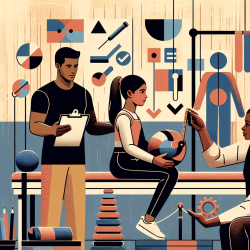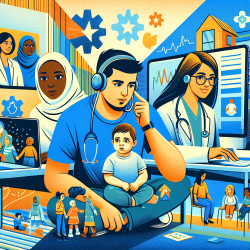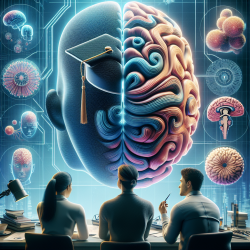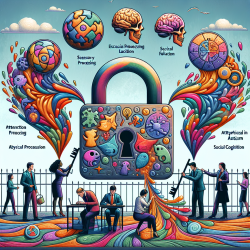As a Special Education Director, I understand that the process of evaluating and supporting students with special needs can seem complex. To make things easier, I’ve put together this simple guide to help you understand the key aspects of the Evaluation Report (ER) in special education.
Key Questions About Evaluation Reports
1. Are Parent/Adult Student Comments Required on the Evaluation Report?
Yes. The report needs to reflect either information provided by the parent/adult student, that the parent/adult student was not in attendance, or that they had no comments.
2. What Is Required If “See Attached” Is Checked?
If “See Attached” is checked, the information/document must be uploaded in AIM as an attachment to the ER and physically attached to each hard copy of the ER.
3. Can Multiple Assessments Be Included in a Single Report?
Yes. When included in a single report, all assessments must be clearly identified and include implications for educational planning in terms understandable to all team members.
4. Are Observations and Classroom-Based Assessments Required for Both Initial and Reevaluation Determinations of Eligibility?
Yes.
5. What Are “Observations by Teachers and Related Service Providers”?
Observations are staff’s objective impressions that document the student’s overall functional, behavioral, and academic progress during the school year. These observations do not have to be a “snapshot” of the student’s behavior on a particular date and time.
6. Who Can Conduct the “Observation” of the Student?
Any member of the Evaluation Team may conduct the observations. For a student attending a private school, a representative of the private school who participates at the Evaluation Team meeting could conduct the observation, or another member of the Evaluation Team could observe the student in the private school setting.
7. For a Child Who Is Less Than School Age or Out of School, Who Determines the Appropriate Environment for the Observation to Occur?
The Evaluation Team.
8. If the Evaluation Team Completes and Attaches to the Evaluation Report a Copy of the Disability Criteria Checklist, Must the “Disability Criteria” Section Be Completed?
No. However, the report must indicate that the Criteria Checklist(s) is/are attached.
9. May the District Deny or Delay an Evaluation/Services Because the District Believes the Student Should Be on Medication or Has Recently Been Placed on Medication?
No. The IDEA (34 CFR 300.174) does not allow the district to deny or delay an evaluation/services because of issues related to medication.
10. May the District Send a Student Home Due to Not Taking Medication?
No. If a district chooses to remove a student under these circumstances, the removal would be considered a suspension and count toward the ten-day rule.
11. What Is Needed for a Student to Qualify for Special Education and Related Services?
There are two parts to the eligibility determination. First, the evaluation team must determine and document the student meets the criteria of one or more of the disability categories; and, second, the evaluation team must determine and document that the student needs specialized instruction because of the identified disability(ies).
12. What Is “Specialized Instruction”?
Specialized instruction is adapting, as appropriate to the needs of the student, the content, methodology, or delivery of instruction to meet the unique needs of the student that result from the student’s disability, and to ensure the student access to the general curriculum.
13. May a Student Meet Disability Criterion, but Still Not Need Special Education Services?
Yes. If the Evaluation Team determines that the disability does not adversely affect the student’s educational performance, then the student does not need special education and is not eligible under the IDEA.
14. May a Student Be Identified in More Than One Disability Category?
Yes. A student should be identified in each category of disability for which the student meets the disability criteria and needs special education and related services.
15. When a Student Is Initially Identified as a Student with a Disability, When Should the IEP Be Developed?
IDEA requires that a meeting to develop an IEP be conducted within 30 calendar days from the date the student was determined eligible. Services should be implemented as soon as possible following parental consent to the developed IEP.
16. When Is “Speech/Language” a Special Education Service and When Is It a Related Service?
If “Speech/Language” is required to assist a student with a disability to benefit from special education, it would be identified as a related education service. If “Speech/Language” is the sole special education service, it is considered the special education service.
17. What Is the Difference Between the Special Education Services of “Communication” and “Speech-Language Pathology”?
“Communication” includes the students' language and communication needs, opportunities for direct communications with peers and professional personnel in the student’s language and communication mode, academic level, and full range of needs. “Speech-language pathology” services include identification, diagnosis, and provision of speech and language services for the habilitation or prevention of communicative impairments.
For more information, please follow this link.










